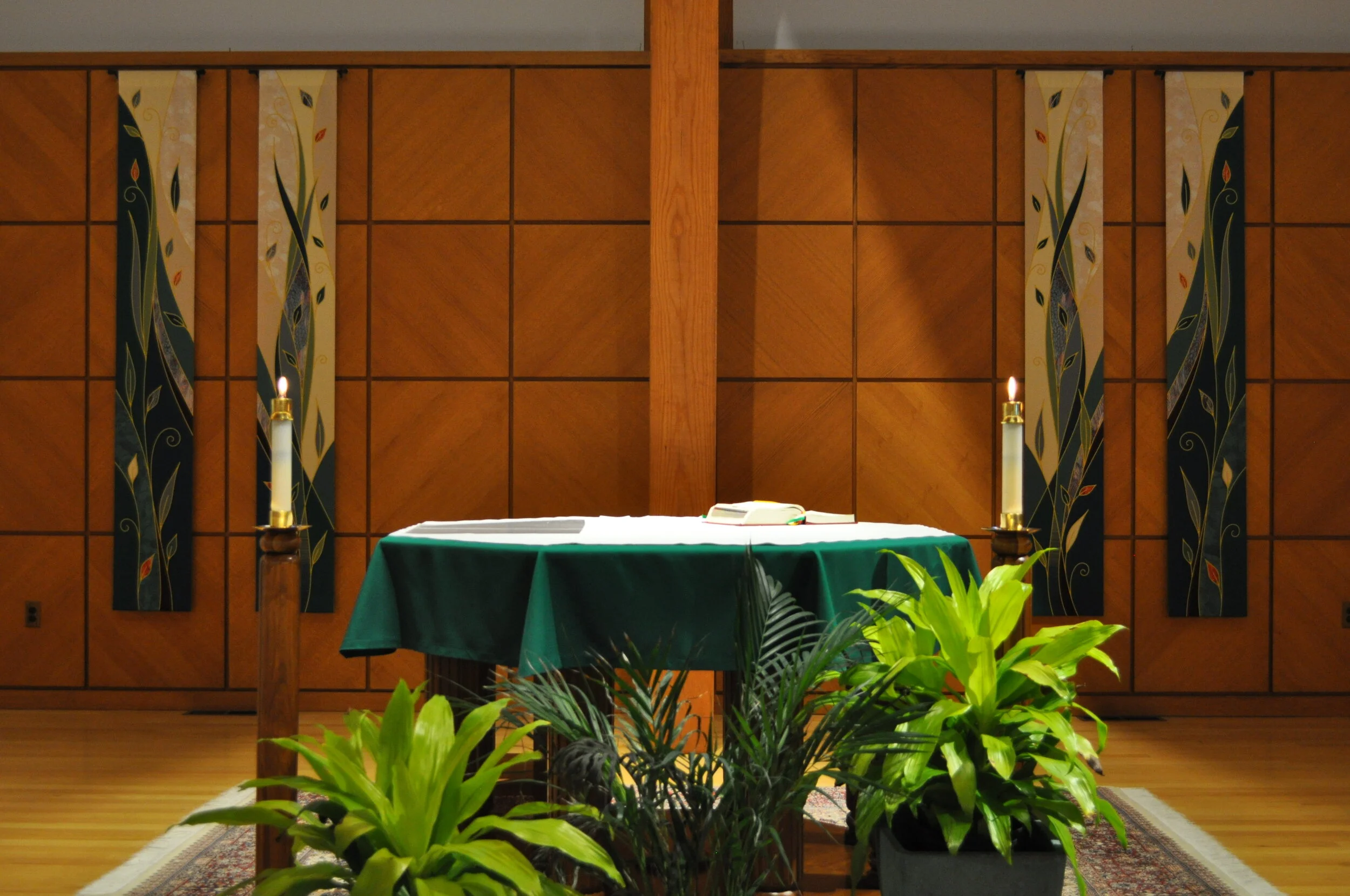
Who am I supposed to listen to?
Week 9: Care for God’s Creation
CST 101 | Care for God’s Creation (3 min.)
Vatican Releases Video on Pope’s Encyclical (6 min.)
We are stewards—caretakers of all God has given us.
To be a steward is to care for that which we do not own.
When God made the world, he “looked at everything he had made, and found it very good” (Gen 1:31). God gave people the responsibility to care for his creation and each other.
“As Christian stewards, we receive God’s gifts gratefully, cultivate them responsibly, share them lovingly in justice with others, and return them with increase to the Lord” (USCCB, Pastoral Letter on Stewardship).
Our stewardship shows our respect for God, our Creator.
When I was growing up, I learned to reduce, reuse, and recycle. In my community, newspaper drives were common—but people all over the nation and the world help care for the world in different ways.
In the Athabaskan culture (native Alaskans), people “don’t just hunt to take an animal; they hunt to feed their family, and then they would never take more than they need. More would be disrespectful to the Creator who provided all that for you in the first place” (Br. Bob Ruzicka, OFM in The Alaskan Shepherd).
Efforts to reduce, reuse, and recycle are important. But in our global society, there is so much more at stake.
“Our common home is falling into serious disrepair” (Pope Francis).
“We are all in the same boat. We need to develop the awareness that nowadays we are either all saved together or no one is saved” (Pope Francis, Fratelli tutti).
The earth faces intense pollution of its land, air, and water. Clean water is not available for many of the world’s poor. Forests that cleanse our air of carbon dioxide are being cut down at astonishing rates. Many species of animals are either endangered or already extinct. Landfills overflow with the trash of a society that has too much. And if landfills aren’t available, our waste is dumped at sea or transported to other countries. The climate is warming. So long as the environment is in danger, people’s lives and livelihoods, especially those of the poor, are in danger.
We must all take responsibility for the needs of the poor and of the world in which we live.
St. Francis of Assisi “shows us just how inseparable the bond is between concern for nature, justice for the poor, commitment to society, and interior peace” (Pope Francis, Laudato Si’). “The goods of the earth were created by God to be used wisely by all. They must be shared equitably in accordance with justice and charity” (Compendium of the Social Documents of the Church).
What we do today affects the generations of tomorrow. “The world exists for everyone, because all of us were born with the same dignity. Differences of color, religion, talent, place of birth or residence, and so many others, cannot be used to justify the privileges of some over the rights of all” (Pope Francis, Fratelli tutti). Jesus reminds us, “Without cost you have received; without cost you are to give” (Mt 10:8).
As Catholics, we must educate ourselves about the crises our planet faces and take steps to fix them. We must practice eco-friendly, sustainable methods of living. We must hold governments and corporations accountable for their environmental impact. And we must listen to science and evidence to learn how our way of living has hurt our shared home.
Triune God, help us to hear the cry of those in poverty, and the cry of the earth, so that we may together care for our common home (USCCB, Prayer to Care for Our Common Home).
How can I make this world a better place for future generations?
What decisions and actions can I take at home and in the workplace that will affect the needs of the poor and of our shared world?
Let’s spend this week thinking about it.
Modern Catholic explores the seven principles of Catholic Social Teaching and how they can guide our lives today. Join us next week as we review what we’ve learned.
Delve deeper with the resources at the top of the page.
Just now joining us? Check out previous weeks below:
Want to explore past weeks’ resources?

